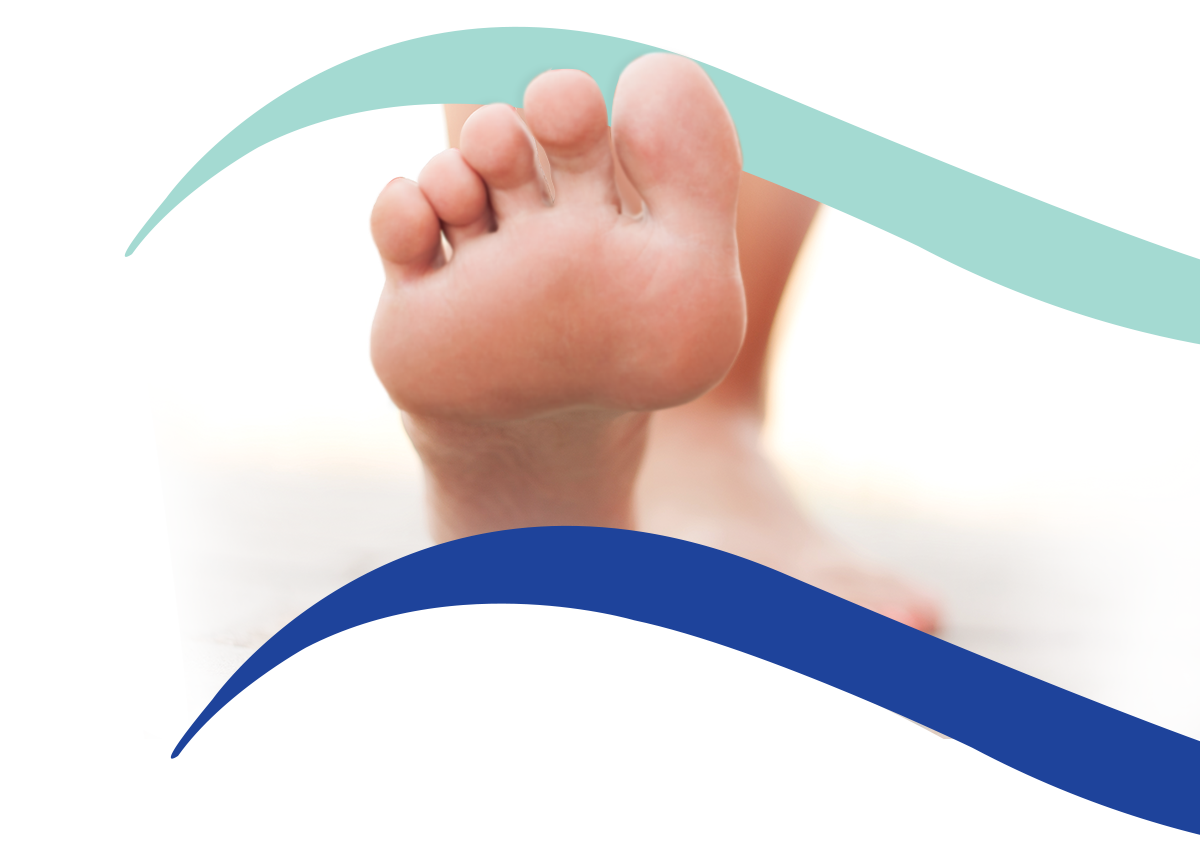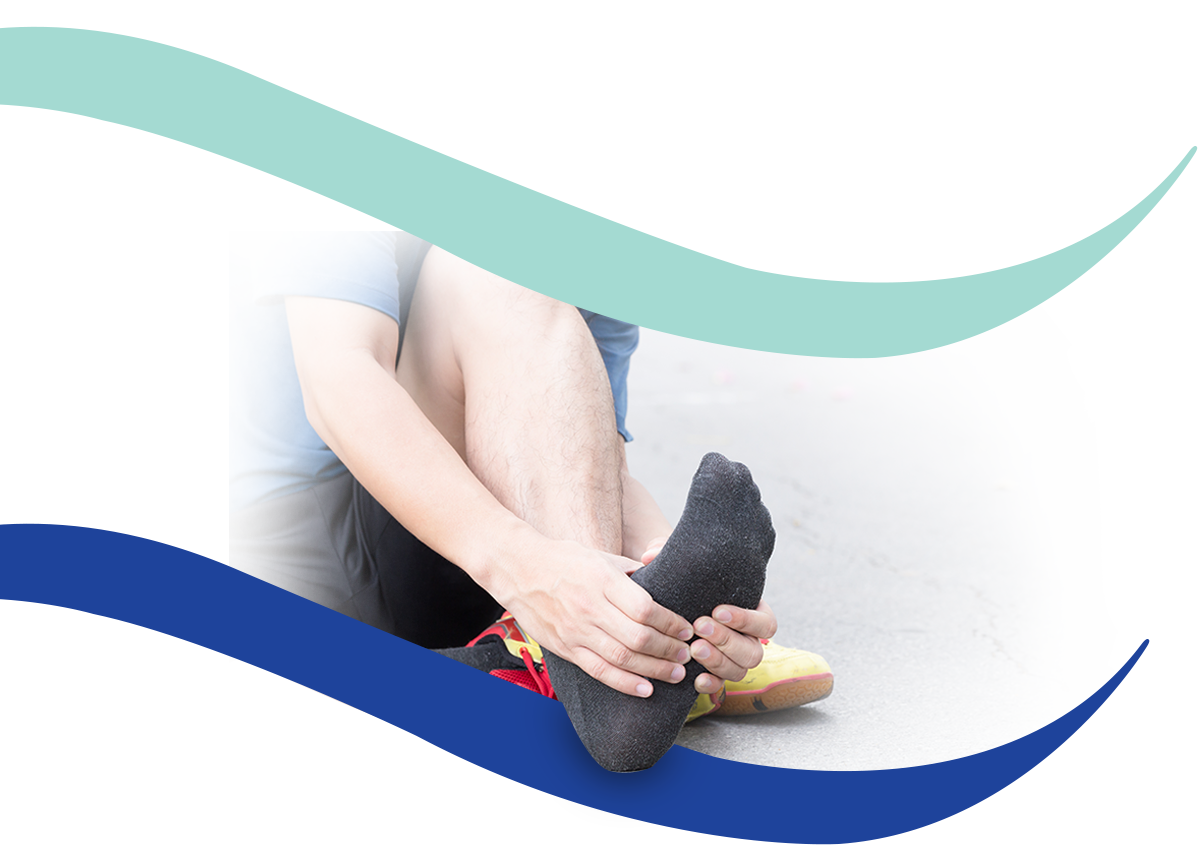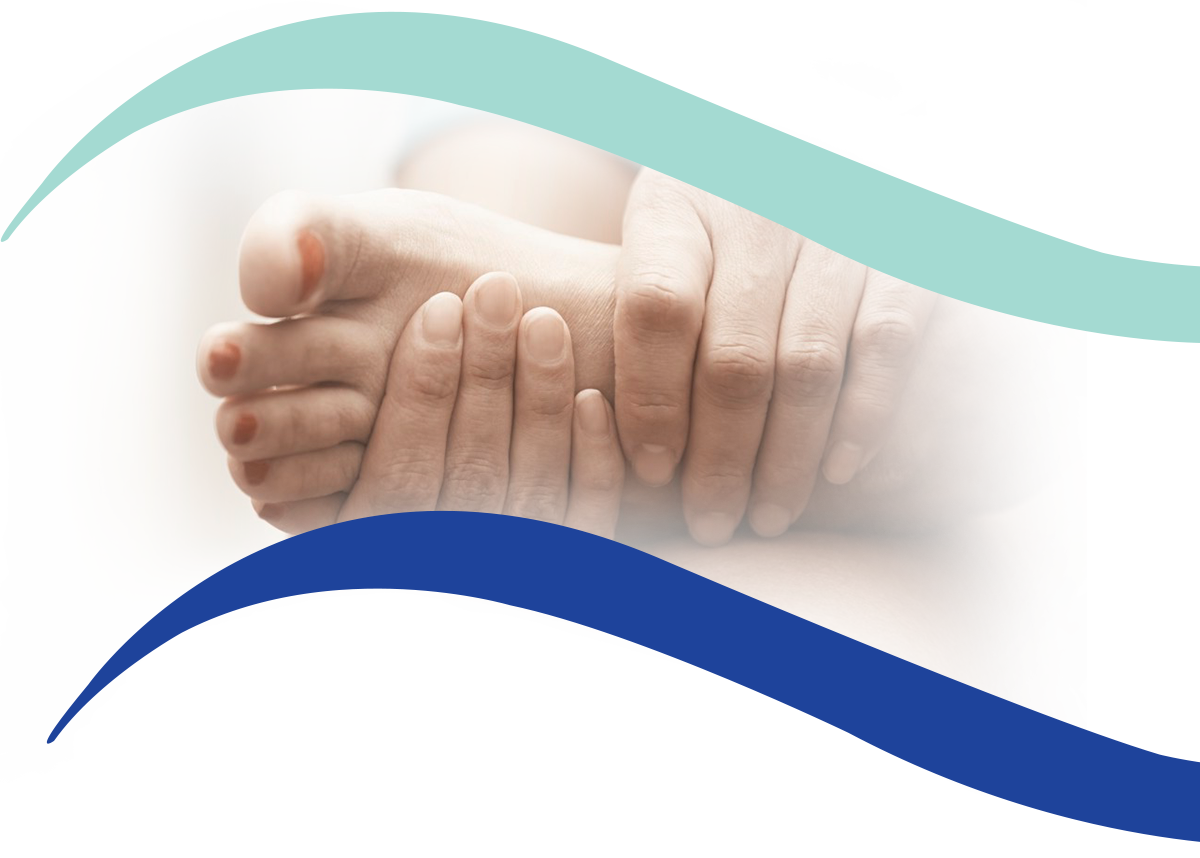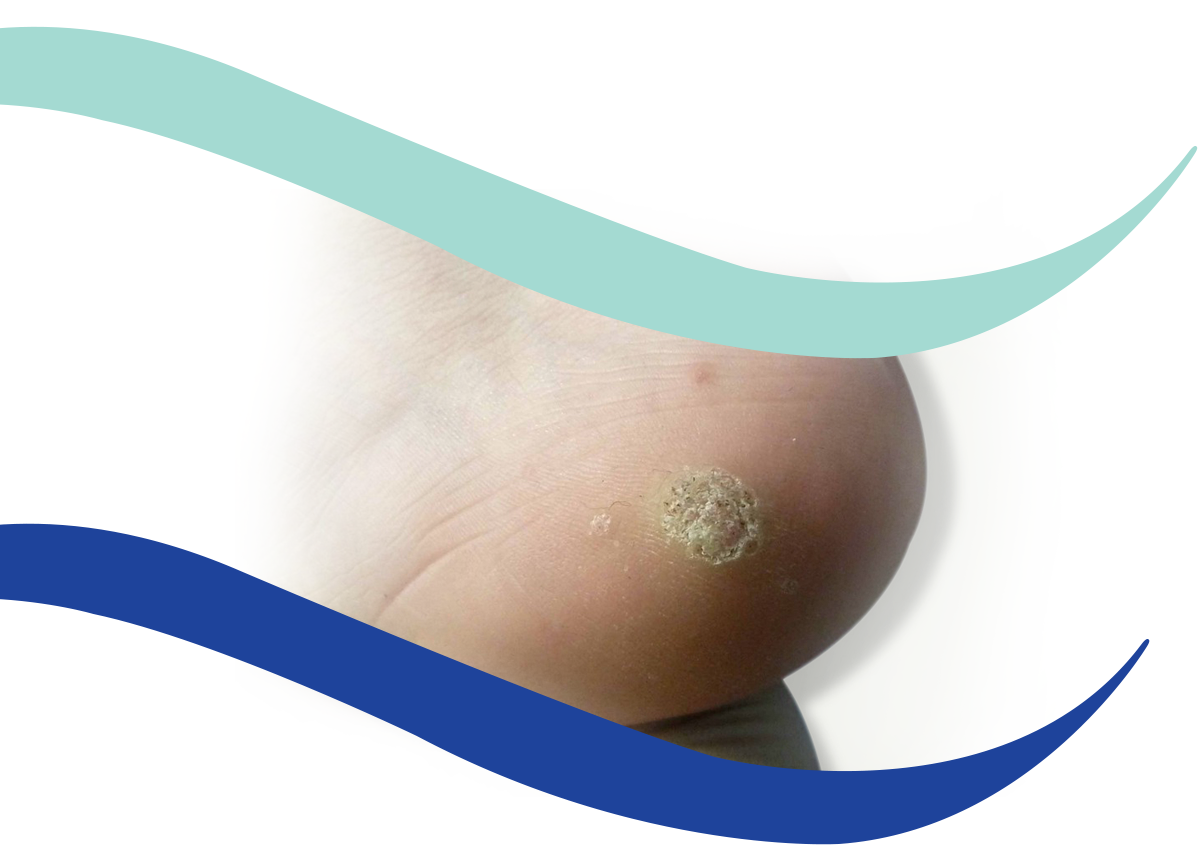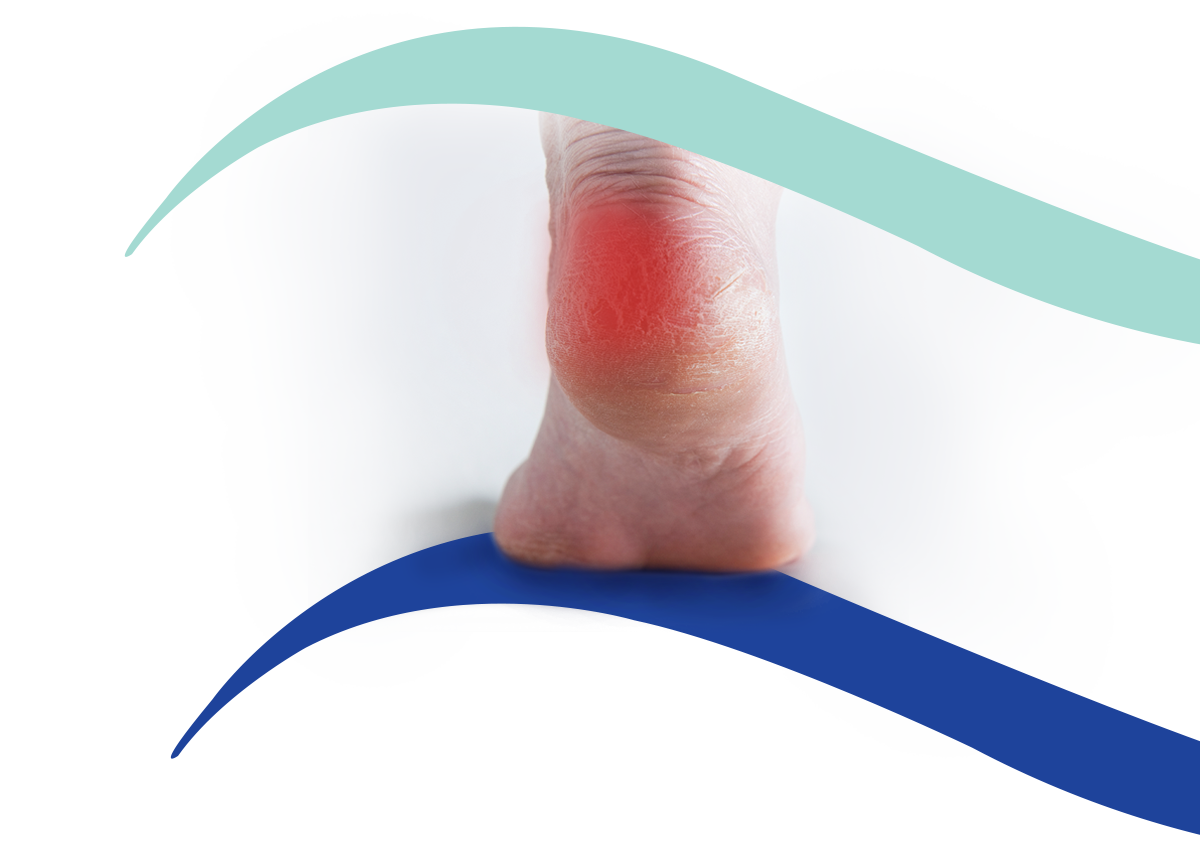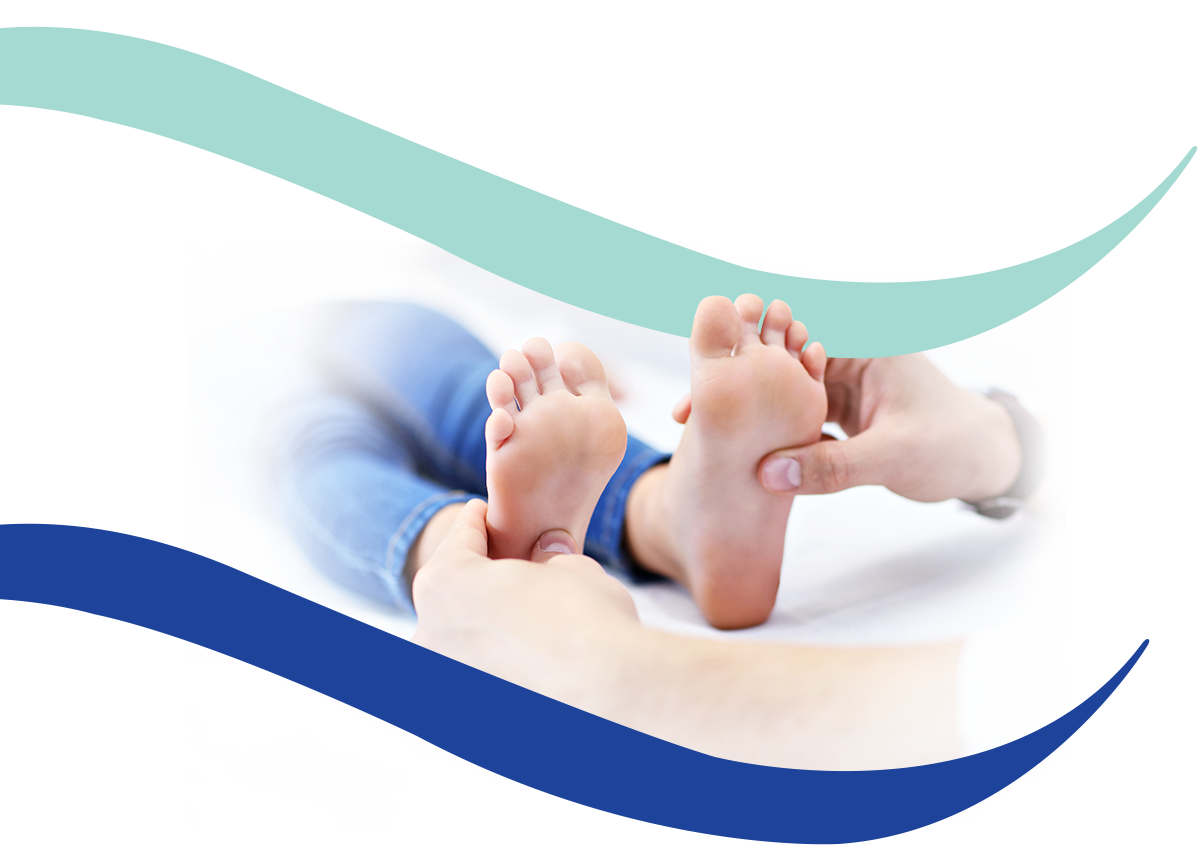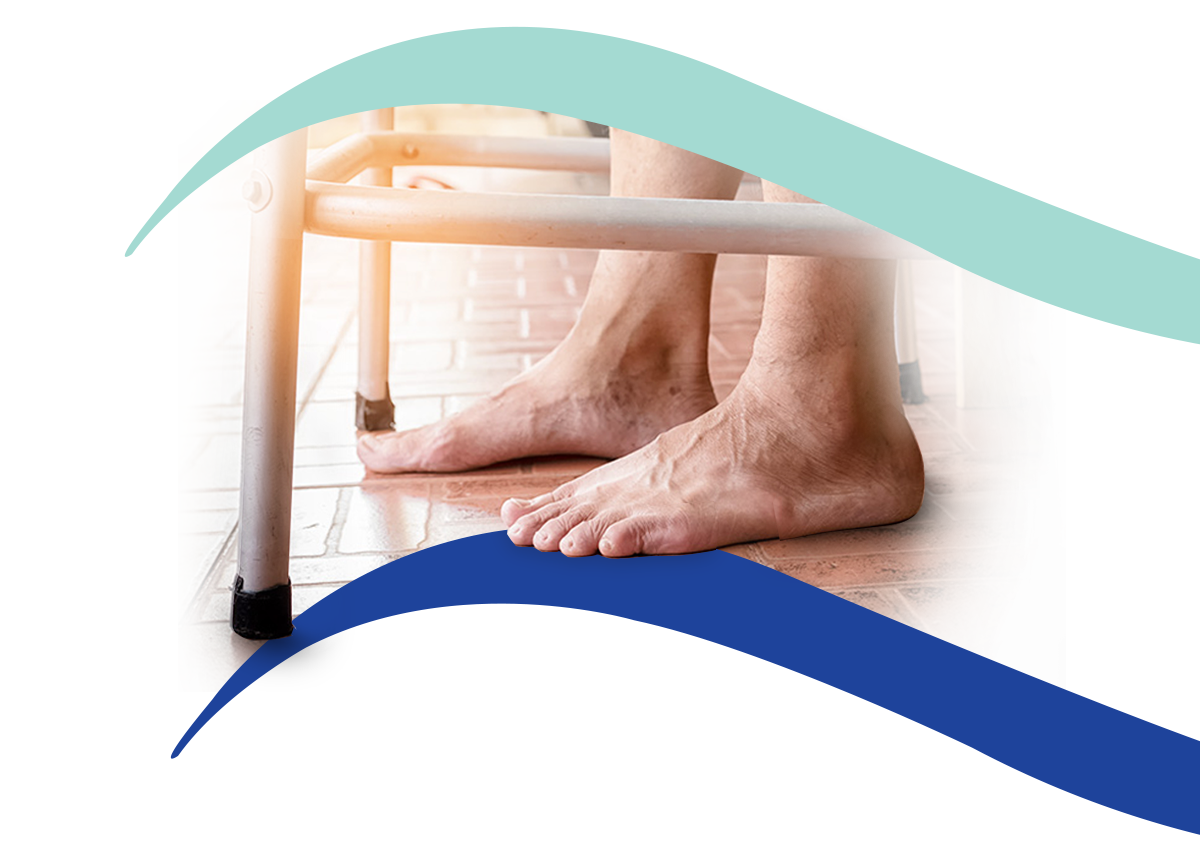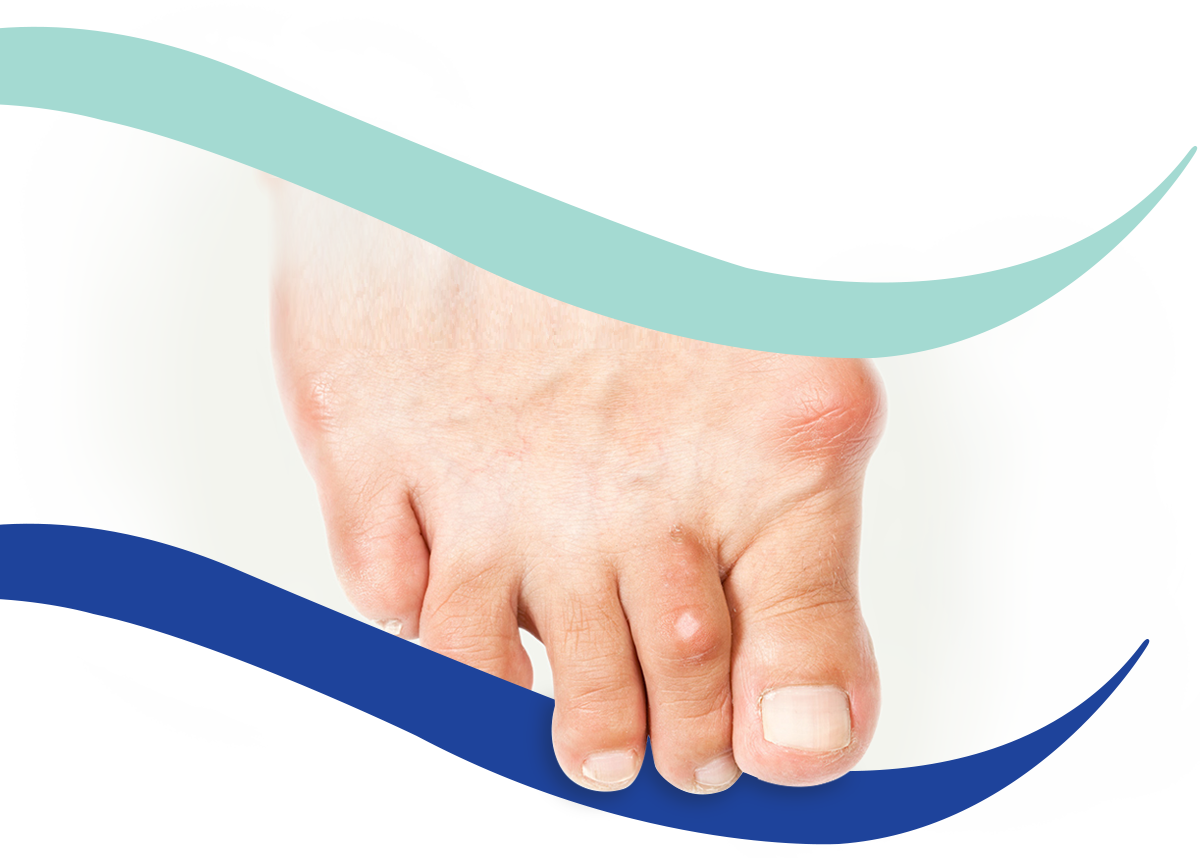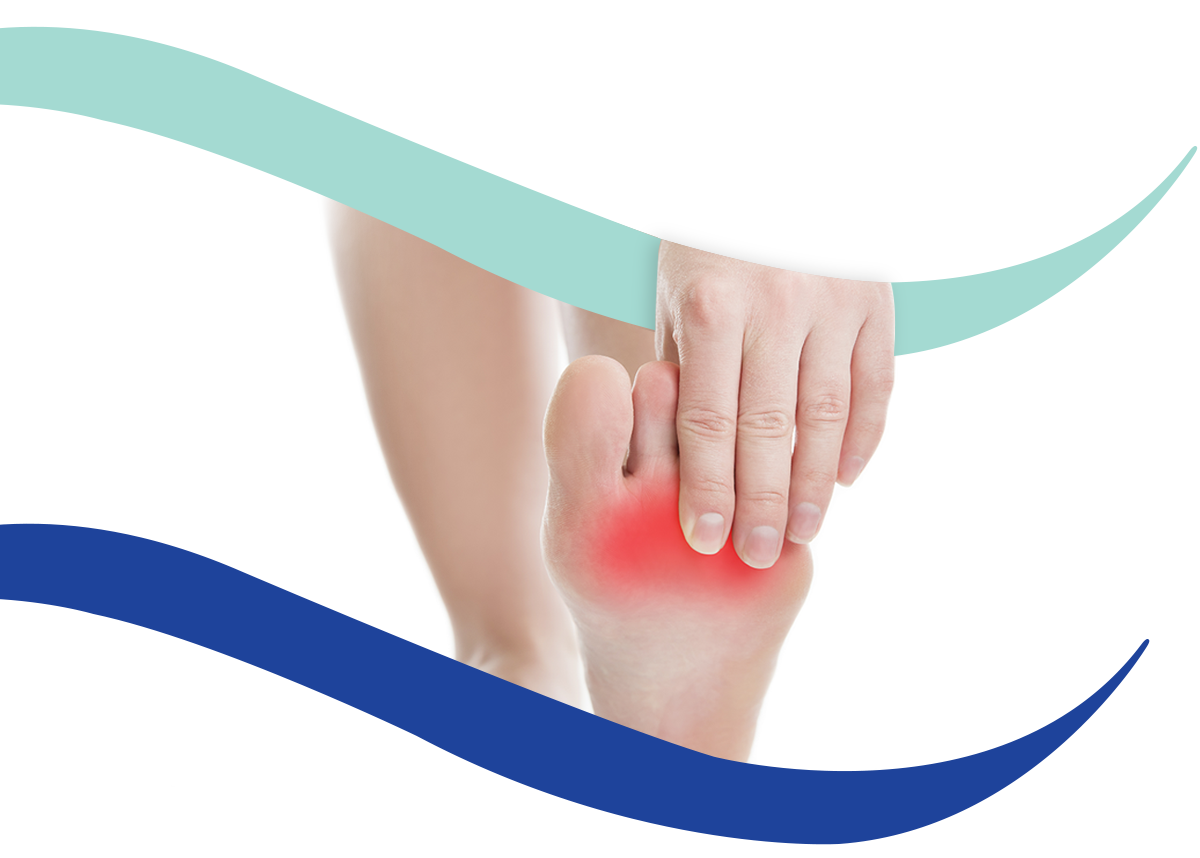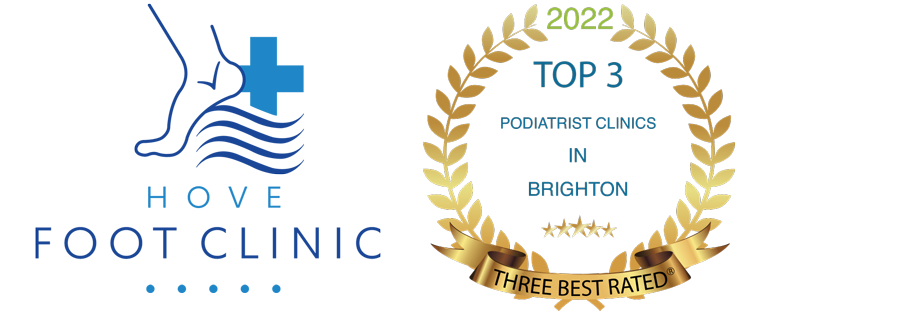Lucy specialises in treating sports and running foot and ankle injuries. She provides comprehensive injury management including strength and conditioning, training programme education, gait re-training and orthotics if indicated to modify the forces acting on the joints and muscles of your feet and reduce pain. Lucy uses the latest dynamic foot scan technology and specialises in 100% bespoke custom made and ultra lightweight 3d printed orthotics.
Lucy is a runner herself. She ran the Brighton Marathon in 2014 and now volunteers as part of the marathon medical team giving her insight into the challenges faced by long distance runners. She understands the common pitfalls and can help to prevent any potential foot related problems developing both in training and on race day.

